Born on 12 October 1935 on the outskirts of Modena in Northern Italy, Luciano Pavarotti became one of the most acclaimed tenors of all time. His bright and incisive tenor voice, paired with a directness of manner made him a popular superstar. Pavarotti understood the power of the new media like no other opera singer, and his crossing into popular music propelled him to worldwide recognition and fame. As we will see, however, a musical career was not a certainty growing up.
Luciano Pavarotti Sings De Curtis: “Torna a Surriento”
Modena
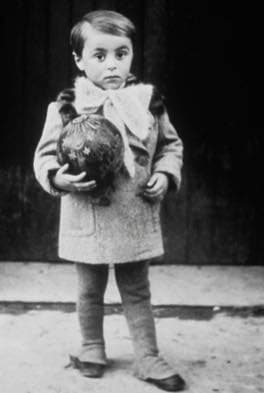
The young Luciano Pavarotti
Luciano grew up in a highly musical household. His father Fernando was a baker by profession, but a tenor at heart. He had the voice and spirit of an artist but lacked one essential quality of any singer, confidence. Apparently, his stage fright became debilitating as soon as he faced an audience. “An icy sweat would break out on his forehead, his throat would tighten and his legs would feel weak.” Fortunately, Fernando had no such inhibitions when it came to singing at home, and young Luciano admiringly listened to his father’s unaccompanied renditions of operatic hits.
His mother, Adele Venture, was a cigar factory worker, and the family was in constant financial trouble, with all four family members crowded into a two-room apartment. Luciano discovered his love for music at a very young age, joining the church choir at the age of five. Apparently, he was also a crafty neighbourhood entertainer. “As a little boy in my apartment house,” he recalled, “they would fight to have me for dinner because I was funny, the way I imitated the grownups.” And at home, he imitated the recordings of Caruso, Björling, Gigli, and the voice of his father.
Pavarotti Sings Puccini’s Turandot, “Nessun dorma”
Farmer, Footballer and Teacher
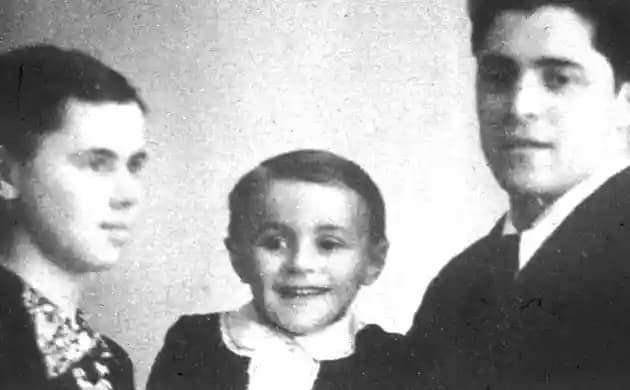
Luciano Pavarotti and his parents
Pavarotti’s famous tenors and idols were Giuseppe Di Stefano and Mario Lanza. “In my teens,” he remembered, “I used to go to Mario Lanza movies and then come home and imitate him in the mirror.” At the age of 12, Pavarotti struggled with a serious blood infection and fell into a coma for 20 hours, and it took long courses of antibiotics to save his life. Although he continued his singing by joining his father in the opera chorus, he still didn’t consider a career in music. When the family was forced to leave the city in 1943, they rented a single room from a farmer in the neighbouring countryside, and Pavarotti wanted to become a farmer.
Pavarotti Sings Verdi’s Rigoletto, “La Donna È Mobile”
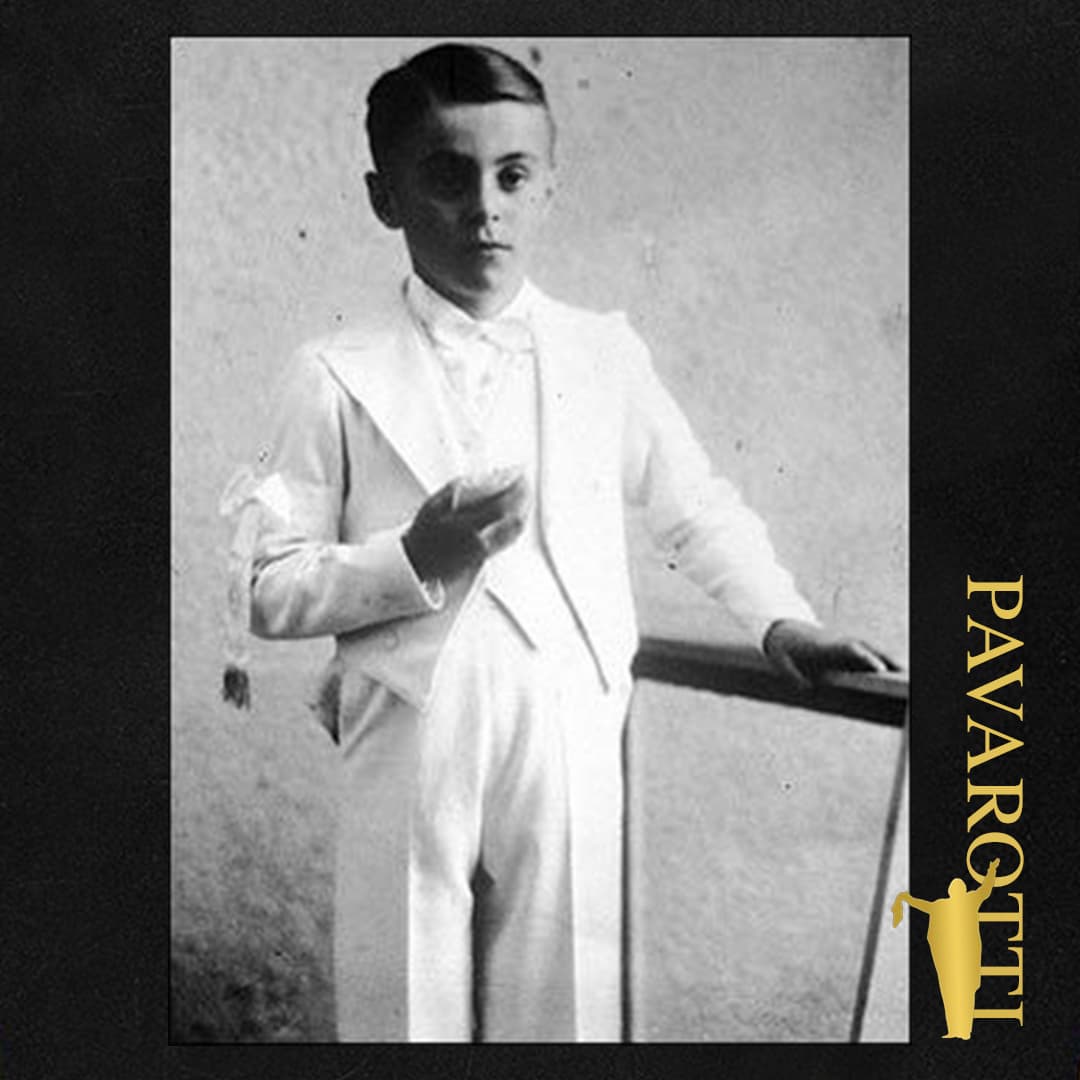
Pavarotti as a young boy
His interest in farming was quickly brushed aside by Luciano’s dream of pursuing a career as a professional football goalkeeper. His mother, however, would have none of that and convinced him to become a teacher of math and gymnastics. Once he had graduated from the Scuola Magistrale, he taught in an elementary school for two years. “Very probably, he remembered later, “I would have been a teacher for the young people, the children. Children are very important to me and that is very probably why I wanted to be a teacher.”
Luciano Pavarotti Sings Massenet: “Pourquoi me réveiller”
First Performance and First Teacher
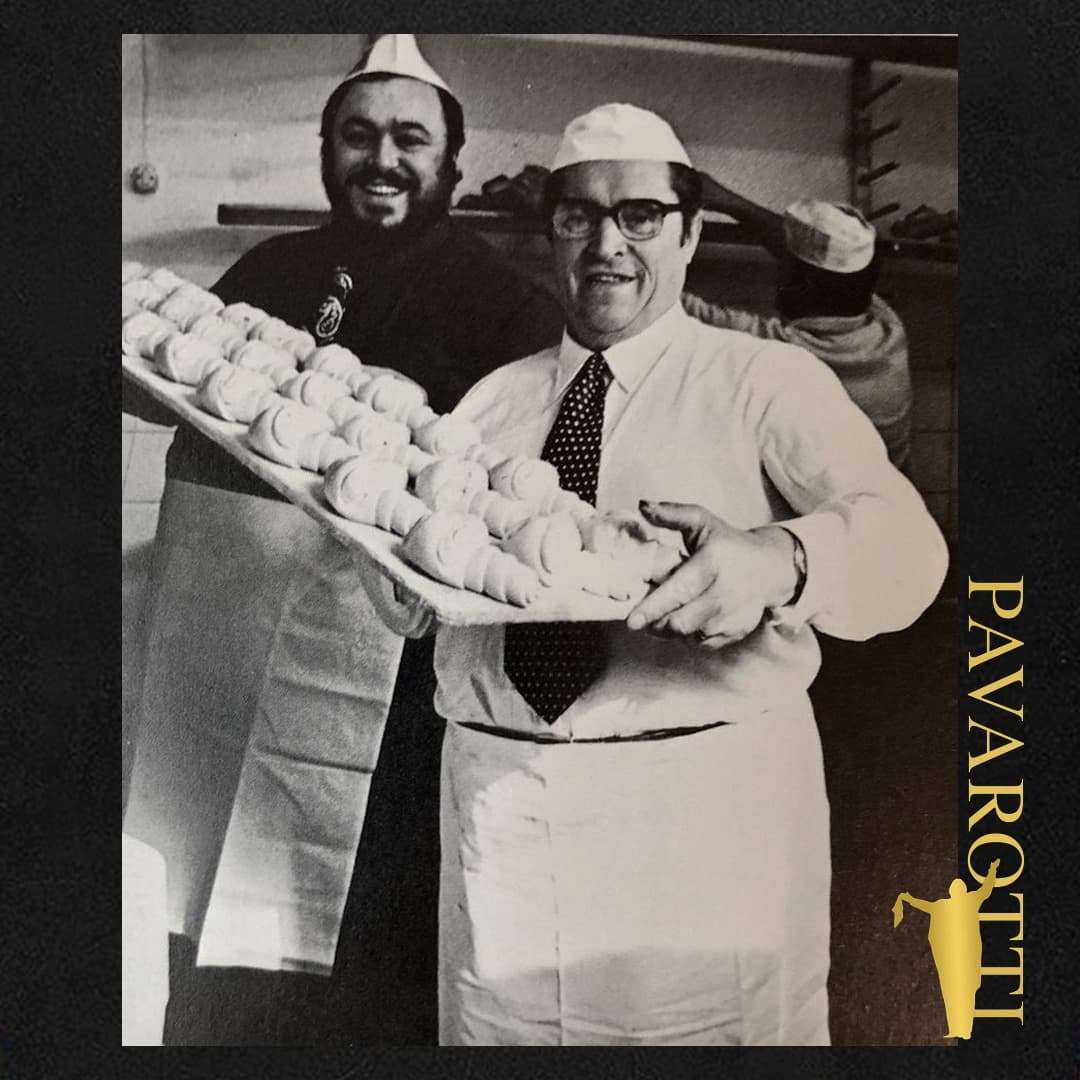
Fernando and Luciano Pavarotti
Pavarotti’s opera debut took place with the Rossini Choral Society in Arrigo Boito’s Mesfistofele. A commentator reports, “In a frenzy of applause the audience demanded an encore of the prologue, no doubt because of the voices of the two Pavarottis, who worked hard to bring some vigour to the rather lame chorus.” And while teaching would have provided a secure financial career, he decided to take up a job in insurance.
However, he finally decided to pursue a career in music, and his father reluctantly consented. It was now time to find a reliable teacher, and the vocal coaches of Modena included Luigi Bertazzoni, a baritone highly regarded in the first half of the century, Vincenzo Guicciardi, an aging baritone, and Anny Veronesi, an ex-mezzo soprano with a basso profondo voice resulting from smoking 120 cigarettes a day.
Pavarotti Sings Donizetti’s L’elisir d’amore, “Una furtiva lagrima”
After careful consideration, Pavarotti auditioned with Arrigo Pola, a student of Bertazzoni. Pola was admired for the almost angelic tone quality of his tenor voice but disliked for his proud demeanour bordering on arrogance. After Pavarotti had sung a few vocal exercises, Pola was in a state of excitement and euphoria. It seemed incredible that such a young man, with hardly any training, could sing with such natural fluency and ease of production.
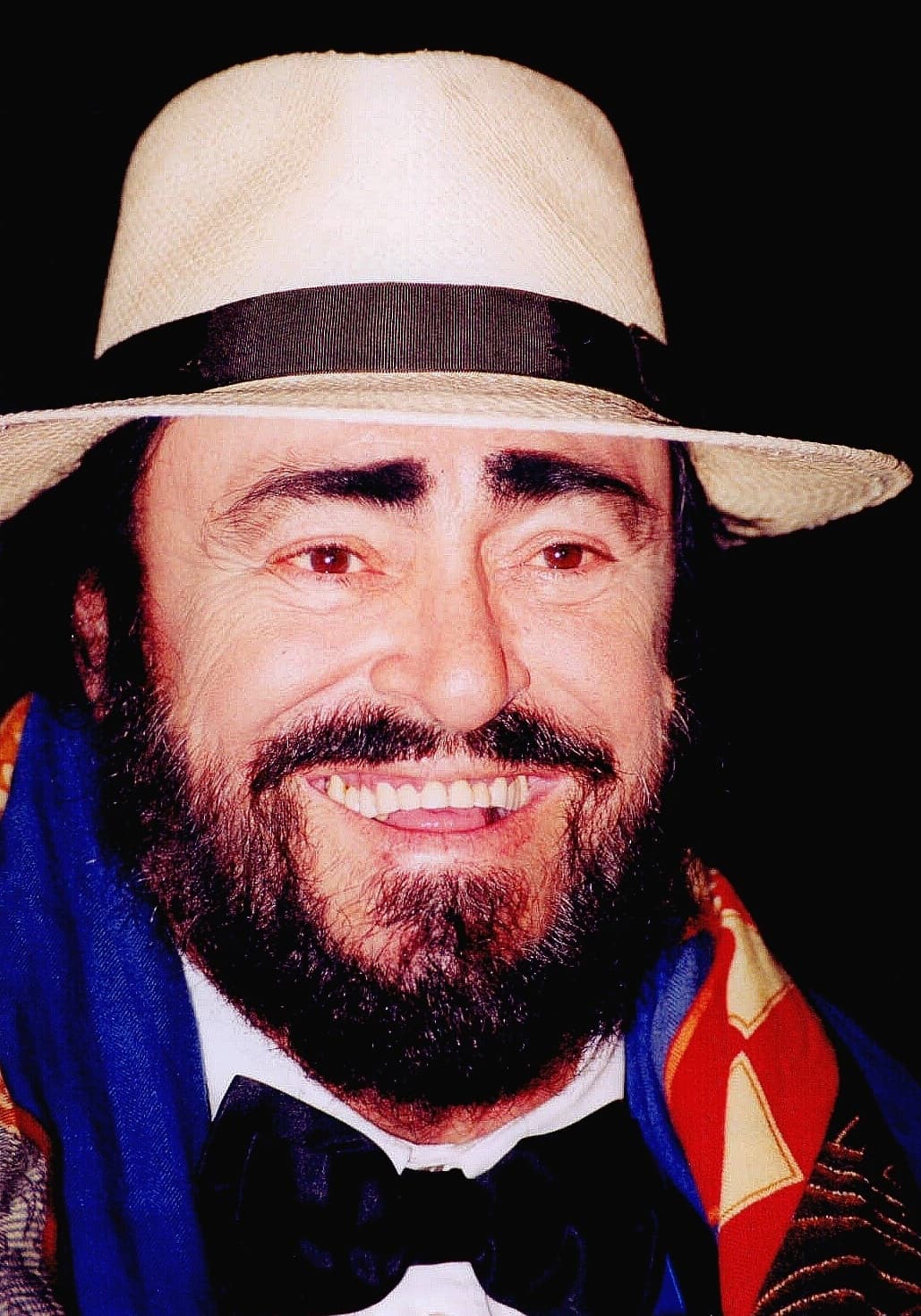
Luciano Pavarotti in 2001 © John Mathew Smith
Pola was convinced that he was listening to a major talent and for the next two years he cultivated Luciano’s technique with vocal exercises focused on agility, sustained notes, octave jumps, and arpeggios. Pola also taught him a varied repertoire, but the first six years of study resulted in only a few recitals. A nodule on Pavarotti’s vocal cord temporarily derailed his dream, but when the nodule disappeared, “Everything I had learned came together with my natural voice to make the sound I had been struggling so hard to achieve.” At that time, he was already 26 years of age.
For more of the best in classical music, sign up for our E-Newsletter
